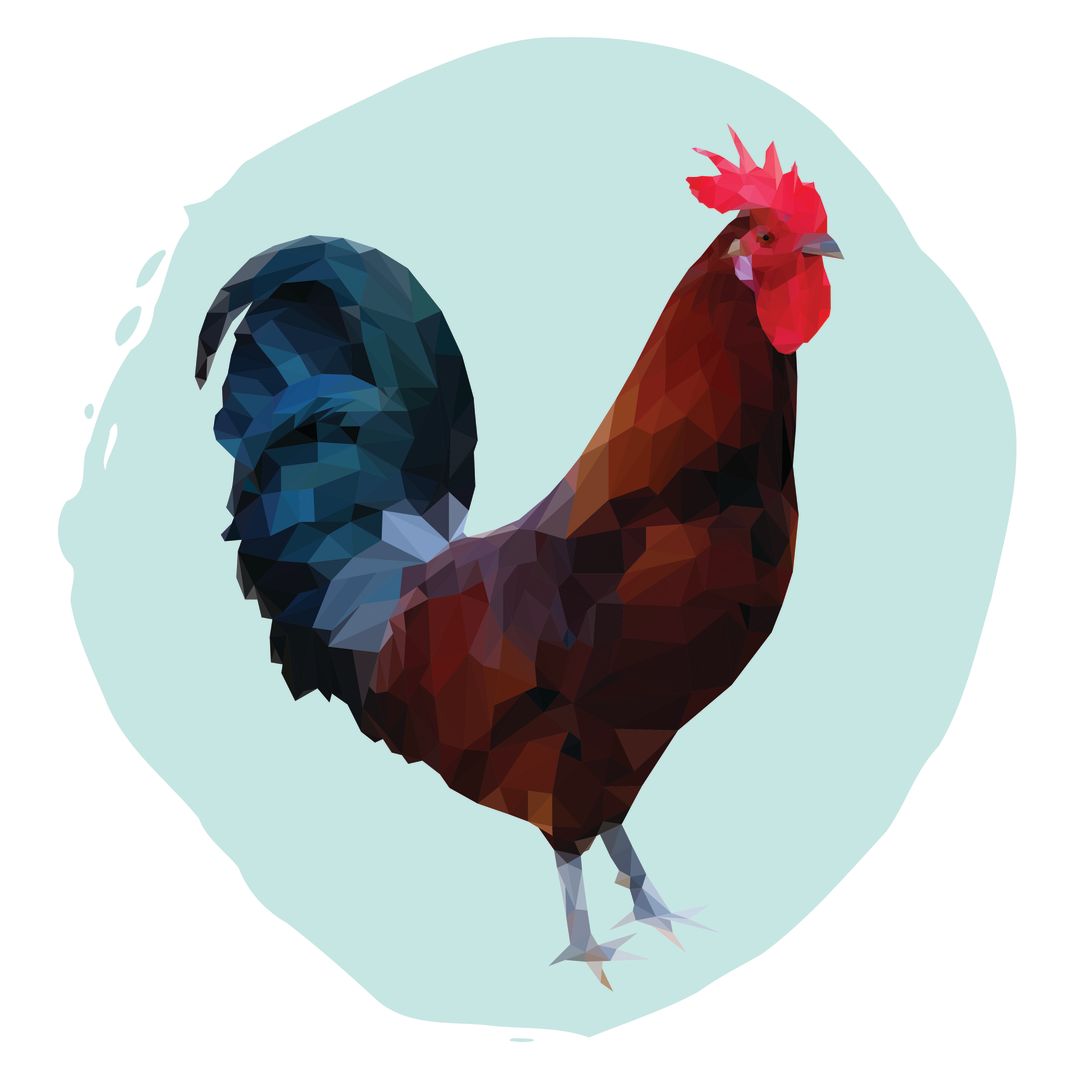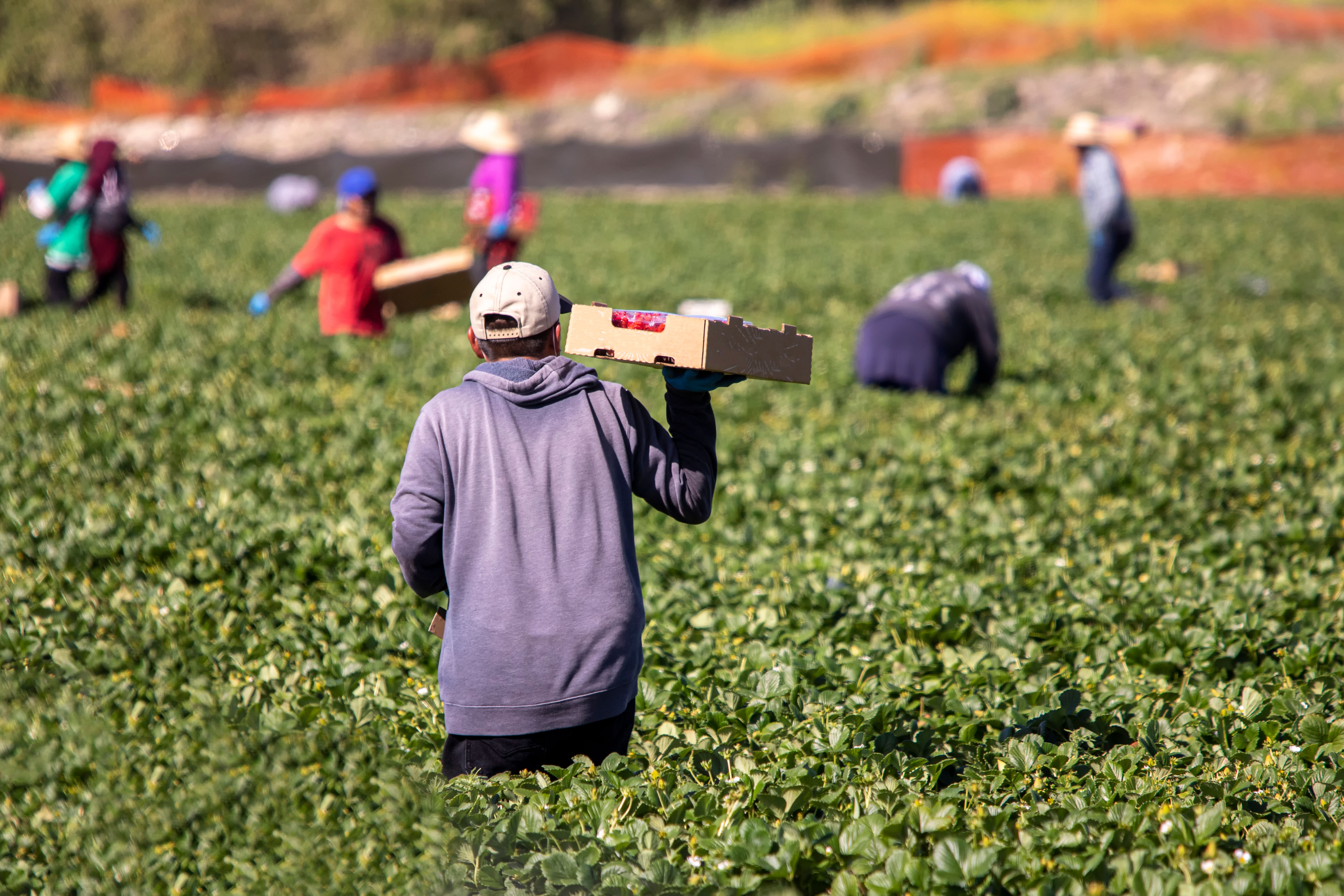The Existential Value of Raising Backyard Chickens

Image: Shutterstock
After years of prodding by a group called CLUCK (Citizens Lobbying for Urban Chicken Keeping), the county commission will this fall decide whether Sarasota residents may have up to four chickens in their back yards (no roosters, of course). As an experienced urban chicken farmer, I support the change. I know firsthand that raising chickens can change one’s life.
While living in Portland, Oregon, the birthplace of urban homesteading, I raised 15 different chickens in various back yards. I thought I could reduce suffering in the world by eating eggs that did not come from industrial farms. The life of a chicken used for egg production is bleak. Around 97 percent of egg-producing chickens in the United States are confined to “battery cages.” Each cage holds between five to 10 birds, and each bird, according to industry standards, is supposed to have at least 67 square inches of cage space. That is less than a single sheet of letter-sized paper.
Each morning, while the coffee brewed, I went out to our coop and collected a handful of warm eggs. The difference between the eggs from my back yard and the grocery store was significant. The shells were thicker, the yolks were a deep-golden color and the taste was rich and satisfying. Every evening I shepherded my flock back into their hutch and locked the gate to make sure their soft coos went undisturbed by predators. And every night as I lay with my head on my pillow and my eyes closed, I thought about the fragility of life and the certainty of death.
Chickens, you see, are peculiarly inclined to die. Every chicken I ever owned met an early demise, and their deaths occurred in a number of different ways: disease, car collision, drowning in a bucket. One autumn morning after a storm, I discovered my birds with their necks broken. Blood and feathers mixed with the wet earth. A raccoon, or possum, or coyote, or any animal with sharp things and half a brain could have done it. While burying the carcasses I wondered at the cruel joke of existence. Must there be death? Was there any other way to be? And why are there beings at all, instead of nothingness?
Even after losing my first flock, I did not give up. I purchased another group of chickens, these even more beautiful than the last. And this group of chickens also had a profound effect on me. After 14 years of vegetarianism, my experience with them convinced me to start eating meat again.
I became a vegetarian when I was 7 years old. The decision came from a self-inflicted moment of trauma. As a child, I spent my free time catching lizards in our back yard. I played with them and kept them in homemade terrariums crafted out of recyclable goods. One afternoon I managed to catch a dozen or so baby lizards and trapped them underneath a red Folger’s coffee can. I lifted the can to peek inside and they tried to spring to freedom. I slammed the tin back down and—much to my horror—crushed them all. I was so guilt-ridden that I swore I’d never hurt another animal as long as I lived. I spent the next 14 years abstaining from eating meat and preaching about my moral superiority.
That changed when I came home to find one of my chickens—her name was Joan of Arc—suffering from a broken neck. She walked around the garden enclosure, dragging her lame neck by her side. She tried to find comfort with the rest of the roost, but every attempt at closeness was met with merciless pecks and dust-kicking tackles. A void in the pecking order had opened, and nature is cruel.
My housemates and I understood that we would have to put Joan of Arc out of her misery. Taking the bird to the vet seemed ridiculous; I’d never seen a chicken wearing a neck brace. A housemate volunteered to execute. What proceeded was a botched beheading that only prolonged her misery. So that Joan of Arc’s death would not go in vain, we cooked her in a pot.
To my surprise, being close to chickens had not created greater sympathy towards them. Instead, as the pot boiled, I thought about how the other chickens had treated Joan of Arc with an absolute lack of empathy. I concluded that chickens are too stupid to understand life and death. Perhaps my concern for their suffering was a projection of my fear of suffering for myself?
So that night, for the first time since I was a child, I ate meat.
Joan of Arc’s meat was gamey and there wasn’t enough to satisfy our stomachs, but I felt full in a new way. I saw that I was fully participating in life and death. I had a hand in the bird’s life, death and disappearance, and it all had nourished me so that I might go on living until I die and become food for worms.
After raising these birds, I found the answer to the question: Which came first, the chicken or the egg? It matters not, for everything is last.



